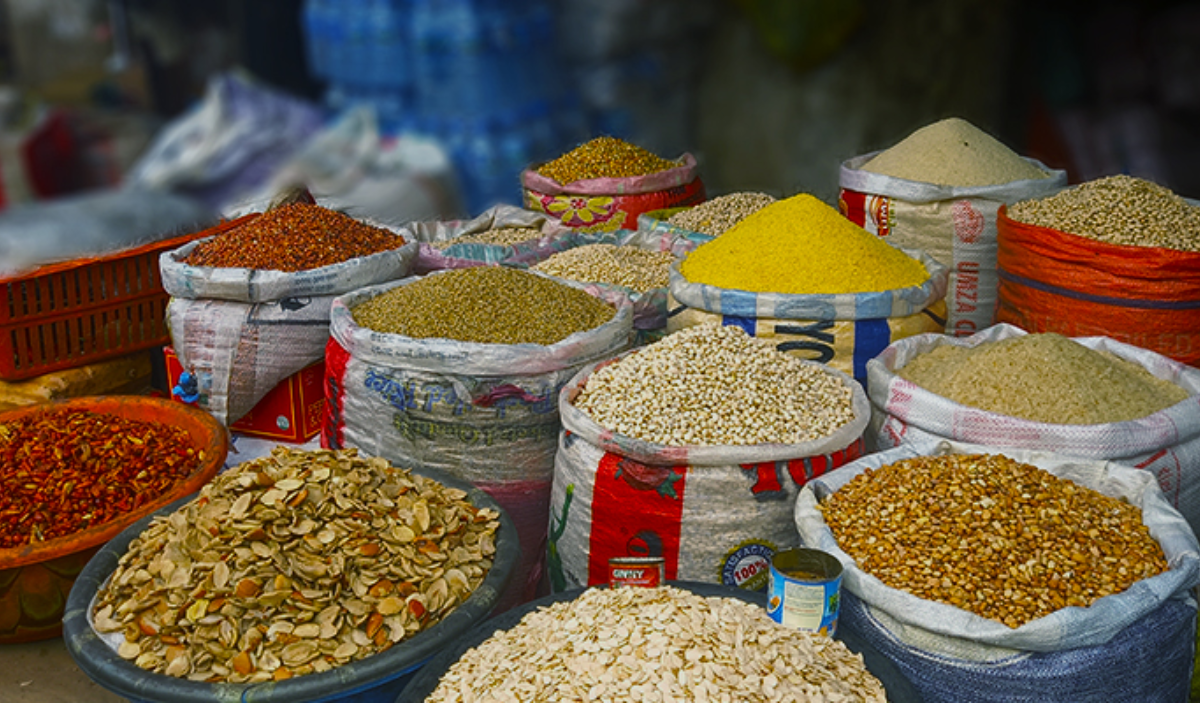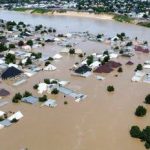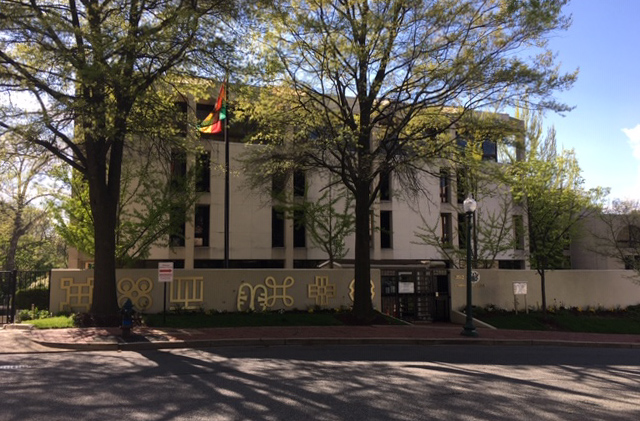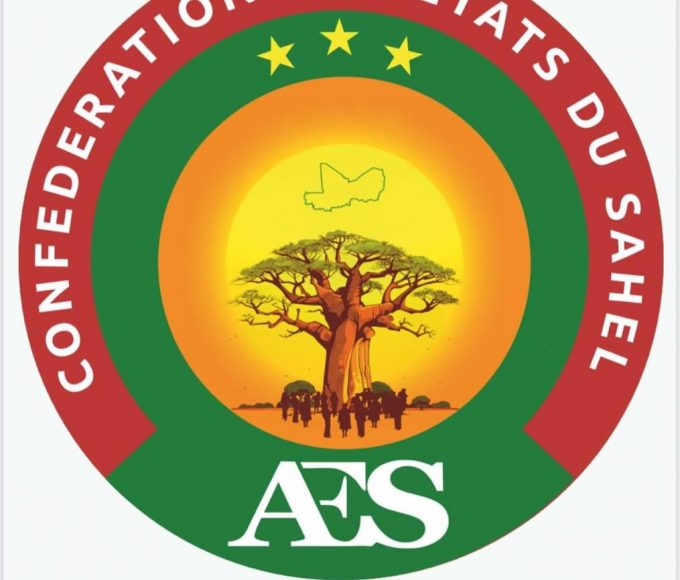
SBM Survey Shows Worsening Food Insecurity in Nigeria and Ghana

A recent report by SBM Intelligence has shown that food insecurity is worsening in Nigeria and Ghana. The latest Jollof Index report showed that the average cost increased by 19.7 per cent – from ₦21,300 in September 2024 to ₦25,486 in March 2025.
The report, titled “Staple Under Stress”, used jollof rice, one of Nigeria’s most popular meals, as a marker for tracking food price trends nationwide. The rise is largely driven by significant increase in the prices of core ingredients, especially protein. The price of turkey per kilogram has soared to between ₦8,000 and ₦10,500, up from just ₦1,500 to ₦1,700 in 2016. Other key items like rice, onions, pepper, seasoning cubes, and vegetable oil, have also seen steep price hikes.
The report blamed the rising cost on several factors including insecurity in food-producing areas, high transportation costs, climate-related disruptions, and increased electricity tariffs. For example, fuel prices remain high while electricity bills for Band A users have increased, putting additional strain on household budgets.
Port Harcourt recorded the sharpest increase, with the cost rising by 55.1 percent – from ₦20,400 in September 2024 to ₦31,650 in March 2025. Kano followed with a 53.8 percent rise (from ₦19,020 to ₦29,250), and Bauchi saw a 34.9 percent spike (₦23,470 to ₦31,650). The report links these jumps to regional insecurity, poor infrastructure, and supply chain disruptions.
Lagos markets also saw significant increases. Trade Fair Market, for instance, recorded a 21.2 per cent rise (₦18,550 to ₦22,491). In southeastern Nigeria, Onitsha and Awka saw increases of 16.2 per cent and 11.4 per cent respectively, reversing the slight price relief seen in late 2024.
In the Federal Capital Territory, Abuja, the increase was more moderate but still notable. Prices in Nyanya rose by 7.6 per cent (₦25,920 to ₦27,900), while Wuse II recorded a 7.8 per cent rise (₦28,300 to ₦30,500).
Only a few markets experienced declines. In Ibadan, Bodija Market saw a marginal 1.1 per cent drop, while Dugbe Market dropped by 0.5 per cent. These slight decreases were attributed to better local harvests.
SBM Intelligence warned that the current inflationary pattern indicates deeper structural challenges in Nigeria’s food systems. Across the border, Ghana is also struggling with rising food prices. According to the Jollof Index, the cost of preparing a pot of jollof rice in Ghana rose from GHS 289 in September 2024 to GHS 339 in March 2025, representing a 17.3 per cent increase.
Much like Nigeria, the spike in Ghana is attributed to rising prices of key ingredients such as rice, oil, onions, and pepper, alongside ongoing economic pressures including the depreciation of the cedi, high fuel prices, and increased transport costs.
Read: NiMet Workers Protest Unmet Demands, Warn Nigerians: “Fly at Your Own Risk”
About The Author
Related Articles
Cotê D’Ivoire: Thousands Rally in Abidjan as Opposition Demands Electoral Reforms Ahead of October Election
Thousands of opposition supporters gathered in Abidjan on Saturday, May 31, to...
ByJoy ChukwuJune 1, 2025Togo Stops Issuing Mining Permits to Reform Outdated Mining Code
Togo has suspended the issuance of new mining permits for prospecting and...
ByJoy ChukwuJune 1, 2025ICYMI: Ghana Shuts Down Washington Embassy Over Visa Fraud Scandal
Ghana has temporarily closed its embassy in Washington, D.C., following the uncovering...
ByJoy ChukwuMay 31, 2025Confederation of Sahel States Moves to Establish Joint Judicial Body
The Confederation of Sahel States (CSS), comprising Mali, Niger, and Burkina Faso,...
ByJoy ChukwuMay 31, 2025












Leave a comment